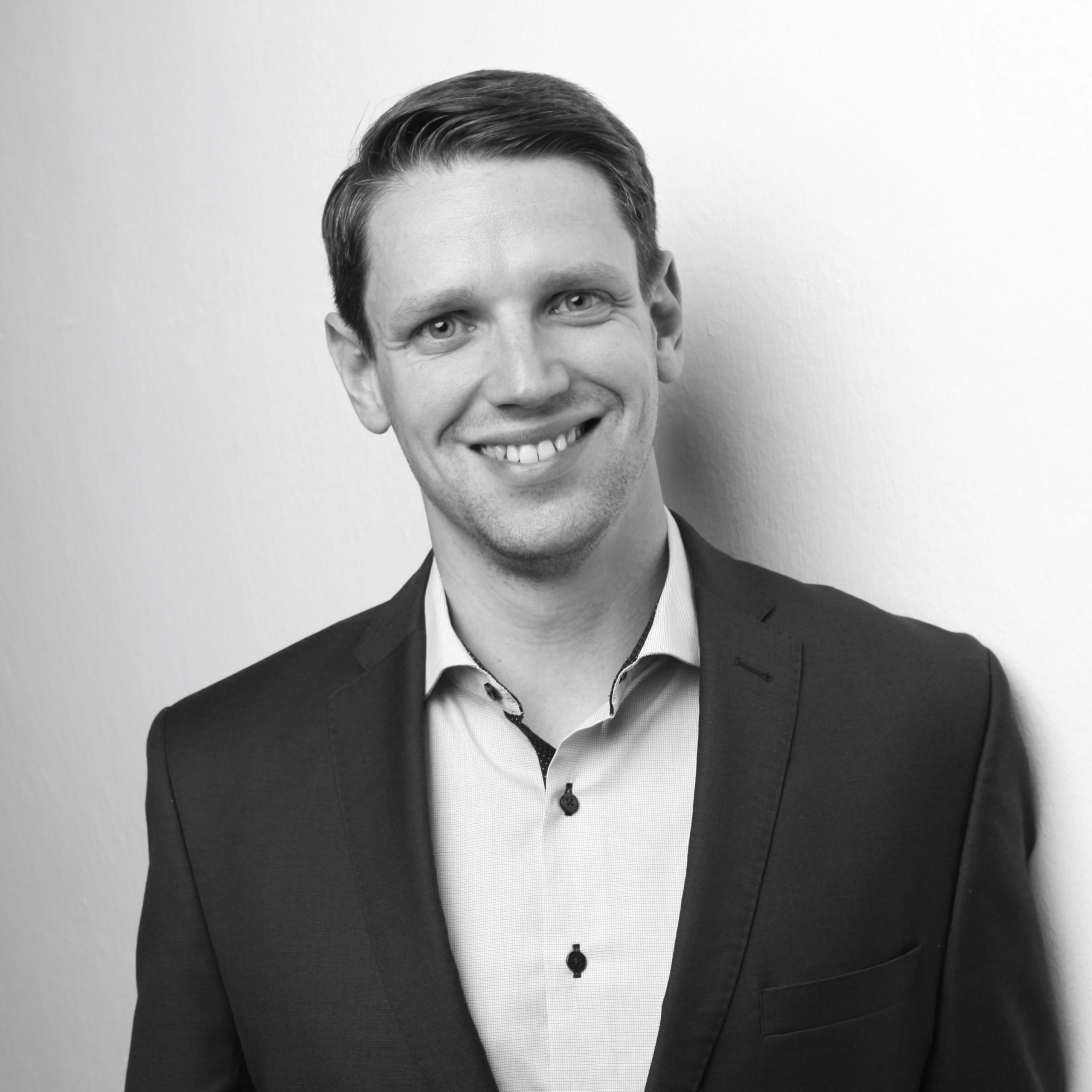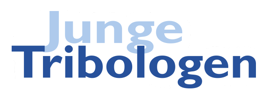Interview with Christian

What’s your name?
Christian Scholz
What are your hobbies?
Unfortunately, with three small children there is not much time for hobbies at the moment. However, it’s always great to involve the little ones in your activities. Traveling and discovering the world are definitely part of this, in addition to sporting activities such as football, trekking and cycling.
What did you study and what is your highest educational attainment?
I studied vehicle construction with a focus on materials science at the TU Bergakademie Freiberg and graduated in 2009 with a diploma in engineering. I then began to do my doctorate in the field of tribology and wear protection at the Federal Institute for Materials Research and Testing (BAM) in Berlin. Beginning of 2013 I received my PhD in engineering from the Technical University Berlin.
Where do you work and what’s your position?
I am currently working at Oerlikon Balzers Coating Germany GmbH as Technical Business Development Manager for surface coating solutions in the automotive industry.
Since when are you part of working group “Young Tribologists“?
I have been a member of the Young Tribologists since 2016.
In which part of the group are you currently participating?
Together with Rebekka Drafz, I currently share the leadership of the “Young Tribologists” working group. That’s why I have not enough capacity to be an active member of one of the groups.
Why are you a member of working group “Young Tribologists”?
After coming back to Germany in 2016 after 2 years in Japan, I was looking for a new challenge in the field of tribology #fascinationtribology. Since I had already taken part in the GfT conference several times in advance, I contacted the GfT to refresh and establish my network. The management there, and in particular Irene Kollenbrandt, made me aware of the Young Tribologists. After a long and interesting phone call with Mirjam, a membership in the Young Tribologists was no longer a question.
How did you end up in the field of tribology?
My first contact with tribology was during my studies at the Bergakademie Freiberg. Two double lessons and the subject was actually done. In retrospect, it has to be said that unfortunately too little attention is paid to tribology in many tribology engineering courses, since many industry departments and research areas are connected here. Fortunately, I was able to take up the topic again during my PhD studies and work with tribologists who have dedicated themselves to this area with a lot of passion.
What topics are you working on and are there any connections to the field of tribology?
At the moment I am at home in the world of thin hard material layers, such as a-C:H, ta-C, MoN or other coatings that are manufactured using PVD or PACVD processes. My area of responsibility includes advising customers in the automotive industry on tribological problems for which surface coatings can be a solution. This activity presents me with new challenges every day, because in a short time you have to understand tribological challenges that may have been unknown to you and bring them into harmony with the customer systems but also their expectations. The second important area of my work is the identification of new areas of application for thin film coatings. Here, topics such as electromobility or tribotronics are very much in focus. In particular, the use of thin film coatings as sensoric systems for condition monitoring or predictive maintenance in highly stressed tribological systems is an exciting challenge in the future. #passionforsurfacesolutions #smartcoatings.
Do you have any favorite anecdote about the broad field of tribology?
In 2015 I attended a conference of the JAST (Japanese Society of Tribologists). The entire conference was in Japanese. At the beginning of the conference I asked myself why I only attended, since I won’t understand anything anyway. In the end, this was largely the case. However, the world of tribology is quite uniform in many terms, so that you could take certain fragments with you and see that tribology poses similar questions to engineers and scientists all over the world.
